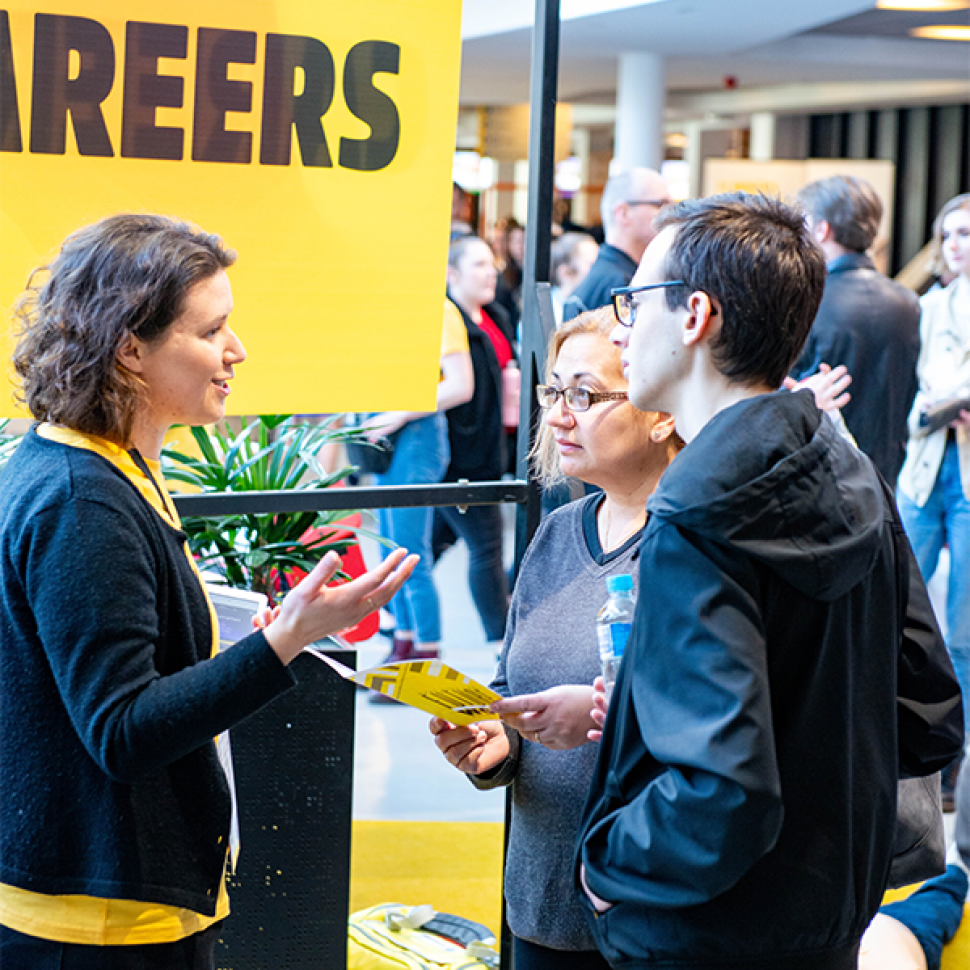BY THE NUMBERS
How many adults start university each year?
Is it too late to start uni?
So, you’ve been thinking about heading back to study. Taking on a uni degree. But you’re wondering if you may have left it too late. After all, most people go straight from high school to uni, right?
Not exactly.
Should you go to university as an adult entry student?
According to Department of Education statistics, around 844,000 people across the country were enrolled in a bachelor degree in 2022. That’s a lot of people to cram into a lecture theatre. But here’s the cool bit. Out of that 844,000, over 190,000 were 25 or older.
Adult entry students play a huge part in higher education in Australia, which demonstrates that uni isn’t just crammed with straight-out-of-school teenagers. Whether you’re 25, 35 or 65 you can feel comfortable on campus at Flinders.
While we’re on the numbers, you’ll also be joining a university ranked in the top 2% of the world’s universities.*
Flinders has:
- over 23,000 students preparing themselves for the jobs of the future
- over 100,000 alumni pursuing their careers across the world
- over 500 undergraduate, postgraduate and research degrees
- and more than 400 scholarships worth $2.4m in total to help you make the most of your university experience.
But it’s not all about the numbers. According to the Australian Institute of Health and Welfare
“increasing levels of education has been shown to have an overall positive effect on an individual’s life satisfaction, particularly through the indirect effects of improved income and better health.”

Can you balance work and study?
Coming back to study has its own challenges, like balancing work or family with your study commitments, but your time out of school may also have given you some advantages that can make uni study even more rewarding.
You’ll also find all the support you need to succeed, so whether you’re chasing your passions, changing career direction, or taking the next step in your current career, now is the time to start study.
Gain the skills and qualifications you need to move into a career you’re passionate about sooner.
*THE World University Rankings 2024 as a percentage of the total number of universities in the world according to the International Association of Universities
You might also be interested in
![]()
Sturt Rd, Bedford Park
South Australia 5042
South Australia | Northern Territory
Global | Online
CRICOS Provider: 00114A TEQSA Provider ID: PRV12097 TEQSA category: Australian University











